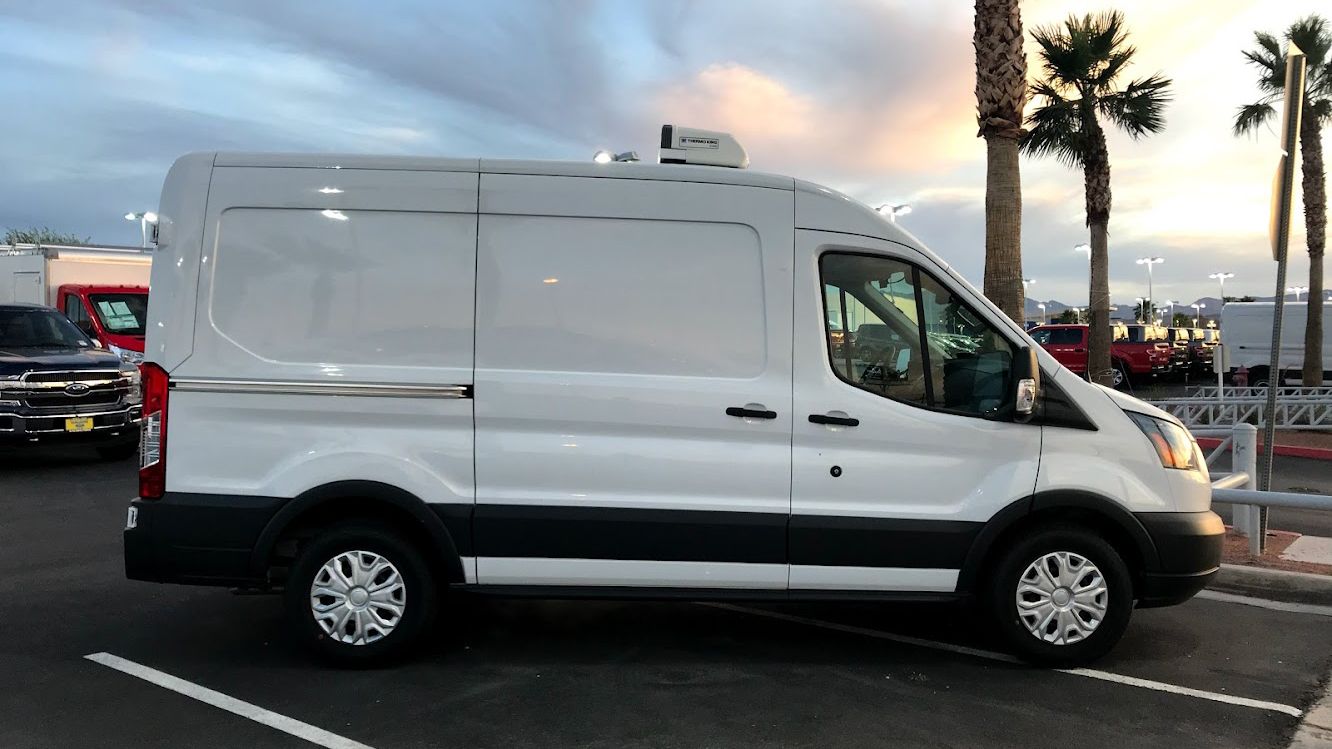In an industry often criticized for its lack of diversity in ownership and executive ranks, a growing movement is reshaping cannabis logistics from cultivation to delivery. Women and minorities are stepping into leadership roles across supply chain, testing, and distribution—with transformative effects.
Diversity Driving Operational Excellence
While reports show a decline in women and minority executives—dropping from 36.8% to 22.1% for women and 28% to just 13.1% for people of color between 2019 and 2021—participation at operational levels remains strong. Importantly, roles in logistics, testing labs, and data analytics offer upward mobility, with enterprises more open to diverse talent than legacy industries.
Notable examples include Rowshan Reordan, founder and CEO of Green Leaf Lab—the U.S.’s first woman-owned accredited cannabis testing lab—filling a crucial niche in product safety and quality assurance. Her pioneering work ensures consumer trust and introduces rigorous standards throughout the supply chain.
Similarly, Giadha DeCarcer, of CTrust and New Frontier Data, is advancing data-driven logistics—leveraging analytics to guide financing and credit access for cannabis operators, often underrepresented founders.
Mentorship & Equity-Focused Networks
Organizations like Women Grow, founded by Jane West in 2014, are fueling progress. They host nationwide events, mentorship programs, and policy advocacy, aiming to empower 1,000 women-owned cannabis companies. In 2025, they reactivated their Leadership Summit and kicked off grant programs and state-level policy work—directly supporting logistics, manufacturing, and distribution enterprises.
Social equity initiatives also help minority entrepreneurs overcome capital barriers that have historically hindered progress. However, access to funding remains the number-one challenge.
Market Incentives & Consumer Influence
Market dynamics increasingly favor diverse logistics leaders. Studies note that young women are now the fastest-growing segment of cannabis consumers, influencing brands and packaging decisions. This trend opens doors for female-led logistics outfits designing products—and supply chains—that meet these evolving preferences.
Consumers are also showing intentionality, supporting Black, queer, and minority-owned brands—recognizing their dual impact on equity and quality.
What the Future Holds
As cannabis legalization accelerates, operators must ensure equity extends beyond ownership into logistics infrastructure: cold-chain transport, last-mile delivery, packaging sustainability, and lab accreditation. Women and minorities are spearheading these challenges—bringing innovation and socially conscious practices to the forefront.
To realize their potential, the industry must:
- Expand capital access: via grant programs, social-equity licensing, and minority-focused financing.
- Scale mentorship networks: linking operational talent to funding, policy, and executive development.
- Elevate diverse data leadership: supporting analytics firms led by underrepresented founders to optimize logistics.
- Prioritize equity in procurement: engaging women/minority-owned logistics and testing partners as standard-practice.
Final Take
Despite persistent hurdles, the cannabis logistics sector is poised for transformation—with women and minority leaders at its heart. Their growing influence, backed by advocacy groups and aligned consumer behavior, signals an industry pivot toward networks and values that reflect the communities cannabis aims to serve. The result? A more resilient, inclusive, and future-ready supply chain—one built by those historically excluded, but now leading the charge.

